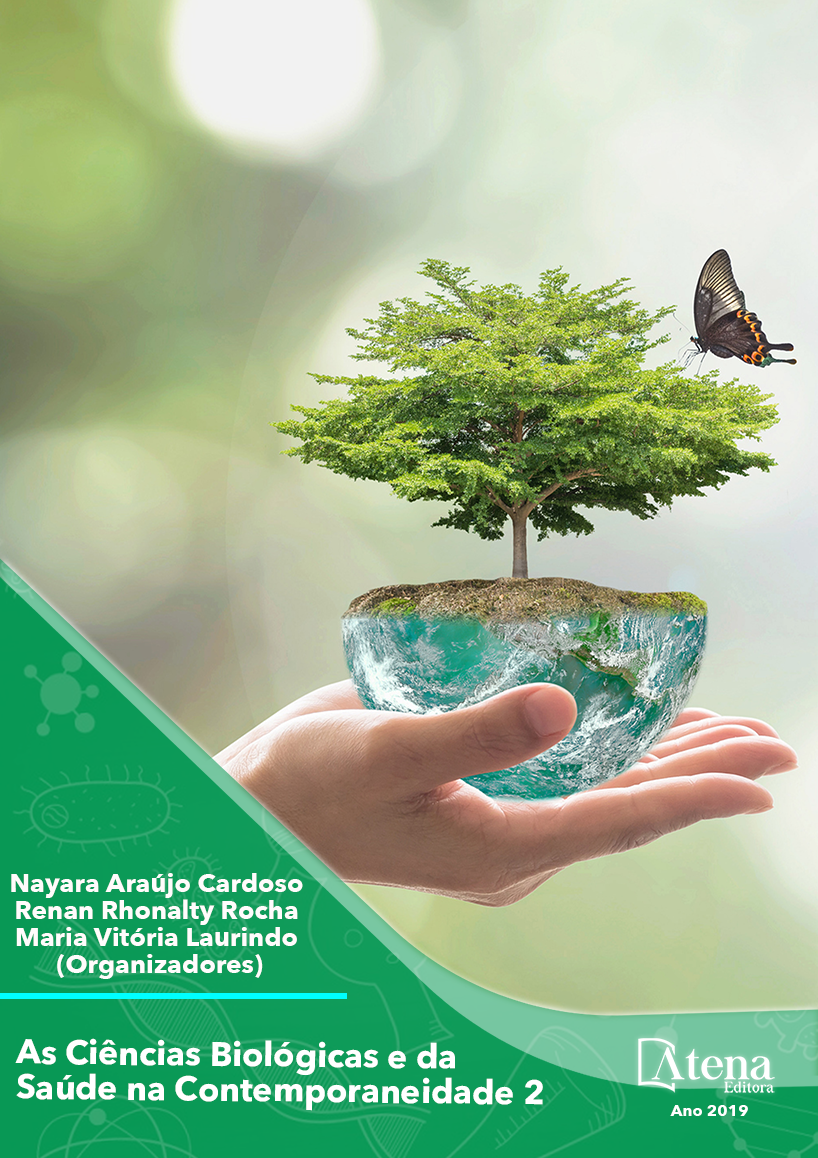
AVALIAÇÃO DOS ÍNDICES DE REGENERAÇÃO HEPÁTICA NO MODELO EXPERIMENTAL DE HEPATECTOMIA A 70%
Objetivos: este estudo procurou
padronizar o modelo experimental para
estudo da regeneração hepática pelos
índices morfológicos, histomorfométricos e
imunohistoquímicos em ratos Wistar adultos,
após hepatectomia parcial a 70%; o período
de análise de regeneração em 3, 7 ou 14 dias.
Métodos: Vinte e oito ratos machos adultos
da raça Wistar foram distribuídos em quatro
grupos, conforme tempo de observação após o
procedimento cirúrgico: Controle (C), 3 (H.3), 7
(H.7) ou 14 (H.14) dias. O grupo Controle foi
submetido a laparotomia; os grupos H3, H7 e
H14 foram submetidos à hepatectomia parcial
e, posteriormente, após transcorrido o tempo de
cada grupo, foram eutanasiados, procedendose
a retirada do fígado regenerado. A peça da
hepatectomia e o fígado regenerado foram
pesados, submetidos aos cálculos de volume
e índices hepatossomáticos. Resultados: Não
houve diferenças nos índices morfológicos
(peso, volume hepáticos e IHS) após o
período experimental entre os quatro grupos
de animais; houve diferenças entre o grupo
Controle e os três grupos de estudo do Índice
Mitótico; houve diferenças entre os grupos
Controle, H3 e H7 comparando-se com o
grupo H14 na porcentagem de área positiva
para PAS. Houve diferenças entre o Índice
de Proliferação dos Hepatócitos aferido por
estudo imunohistoquímico por PCNA do grupo
controle nos três grupos de estudo. Conclusão:
analisamos os índices morfológicos,
histomorfométricos e imunohistoquímicos para
avaliar o Índice de Proliferação dos Hepatócitos
pelo PCNA. Estes índices avaliaram as principais
características da regeneração hepática:
hipertrofia (peso, volume e IHS) e hiperplasia
(estudo histomorfométrico e imunohistoquímico)
do segmento remanescente do fígado.
AVALIAÇÃO DOS ÍNDICES DE REGENERAÇÃO HEPÁTICA NO MODELO EXPERIMENTAL DE HEPATECTOMIA A 70%
-
Palavras-chave: Regeneração hepática. Estudo Histomorfométrico. Imunohistoquímica. Hepatectomia. Ratos.
-
Keywords: Liver regeneration. Morphology. Histomorphometric study. Immunohistochemistry. Hepatectomy. Rats.
-
Abstract:
The analysis of hepatic
regeneration after partial hepatectomy in rats can be performed through different
indices: morphological, histomorphometric and immunohistomochemical. Objectives:
The present study analyzed the characteristics of hepatic biometry as a parameter for
monitoring liver regeneration in adult Wistar rats after partial hepatectomy. Methods:
Twenty-eight male adult Wistar rats were divided into four groups, according to
observation time after the surgical procedure: Control (C), 3 (H.3), 7 (H.7) or 14 (H .14
days. The Control group underwent laparotomy; The H3, H7 and H14 groups underwent
partial hepatectomy and, after the time elapsed after each group, were euthanized, and
the regenerated liver was removed. The hepatectomy specimen and the regenerated
liver were weighed, submitted to calculations of volume and hepatosomatic index.
Results: There were no differences in the morphological indices (weight, hepatic volume
and IHS) after the experimental period among the four groups of animals; There was a
strong correlation between hepatic weight x volume in the Control, H3 and H7 groups;
IM x PCNA in group H3, volume x PCNA in group H14, positive correlation between
volume x IHS and negative correlation between IHS x IM in the H7 group. There
were differences between the Control group and the three study groups of the Mitotic
Index. There were differences between the Control, H3 and H7 groups, comparing
with the H14 group in the percentage of positive area for SBP. There were differences
between the Hepatocyte Proliferation Index verified by immunohistochemical study
by PCNA of the control group with the three study groups. Conclusion: we analyzed
the morphological, histomorphometric and immunohistochemical indices to evaluate
the Proliferation Index of Hepatocytes by PCNA. These indices evaluated the main
characteristics of hepatic regeneration: hypertrophy (weight, volume and IHS) and
hyperplasia (histomorphometric and immunohistochemical study) of the remaining
segment of the liver.
-
Número de páginas: 15
- PEDRO LUIZ SQUILACCI LEME
- MARIA CRISTINA CHAVANTES
- LUZ MARINA GONÇALVES DE ARAUJO


